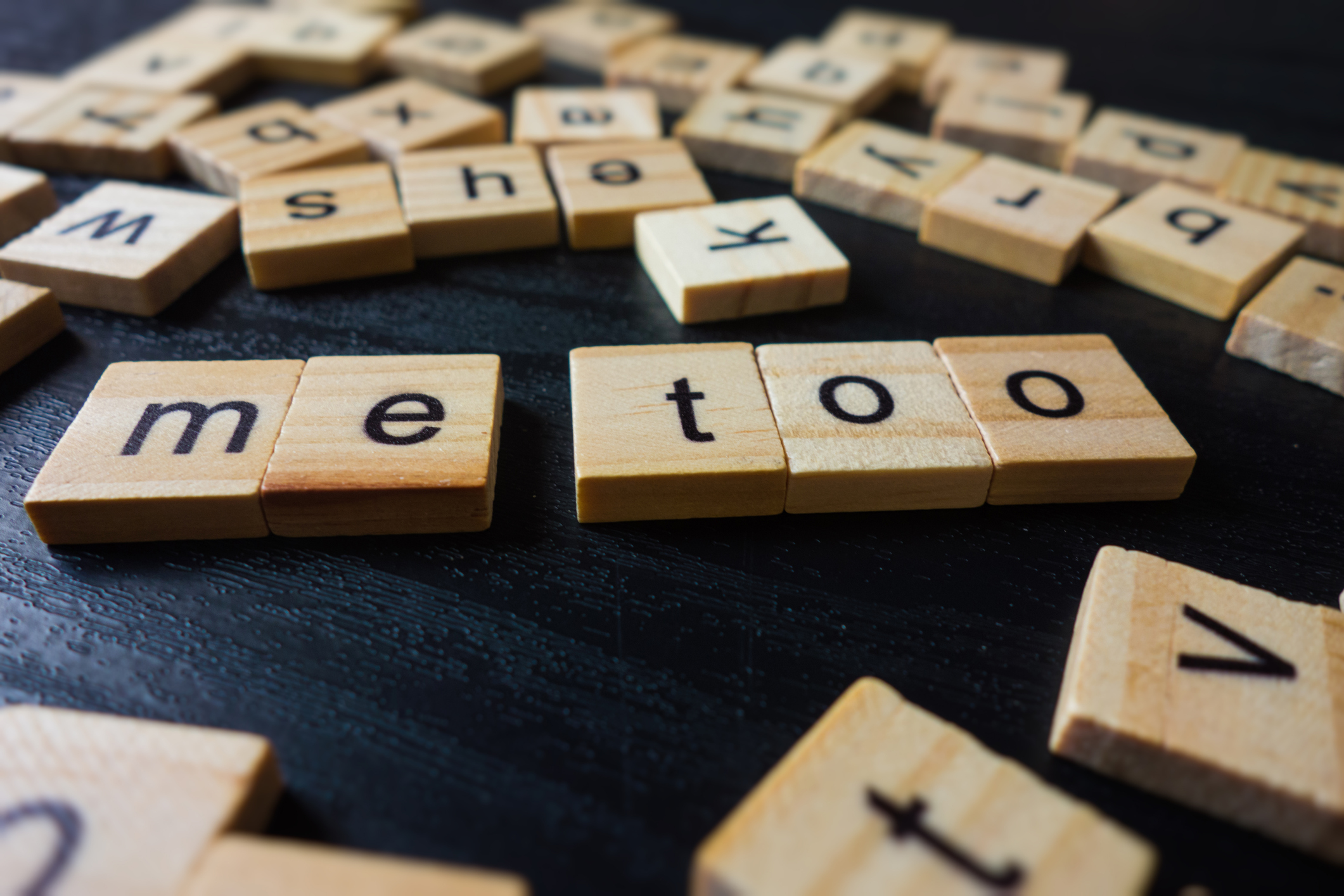Why It Matters

You may not be familiar with the name Tarana Burke, but you have more than likely heard the two-word phrase she coined over 10 years ago to raise awareness of sexual abuse, assault, and harassment: me too.
In October 2018, Pew Research estimated that the #MeToo hashtag had been used approximately 19 million times on Twitter alone in the previous year, often by women and men who were inspired — in the wake of high-profile abuse allegations — to speak out about their own traumatic experiences. A social justice organizer who now heads the 'me too.' organization, Burke will be a keynote speaker at the 2019 IHI National Forum (December 8–11, 2019, in Orlando, Florida, USA).
Burke has gone from working as a grassroots activist to helping lead an international movement in support of those who have experienced assault and harassment. Her experiences have taught her lessons that will resonate with many people working to prevent harm and improve health and health care around the world:
- Rely on the power of empathy — Empathy is a crucial component of effective person-centered care. Likewise, Burke believes “empowerment through empathy” is essential to her work. As she has said, “There’s a difference between sympathy and empathy. Sympathy puts space between you and the other person, even though it’s well-meaning. I can say: ‘You experienced trauma, I’m so sorry that happened to you.’ There’s a space here between us. [By contrast], when we say, ‘Me too,’ that means there’s something that draws you in. Even if for a moment, I get it. I see you, I hear you, I believe you. I connect with you.”
- Create systemic responses to systems issues — Just as the patient safety movement recognizes that scapegoating individuals involved in medical errors does not fix broken, unsafe systems, the 'me too.' Movement also calls for a systems approach to change. “People need to be called out for their behavior,” Burke has said, “But beyond that, their behavior doesn’t happen in a vacuum. It happens in the context of a society that creates space for that kind of behavior. There’s a little boy right now being socialized to disrespect women, to not respect somebody’s bodily autonomy, to think that he’s better because he’s a male. So, we can fire Bob in accounting, and we can take so-and-so off the board, but if little Timmy and little Jamal are not learning [to respect women], then we’re just going to create a replacement for them.”
- Improve for the most vulnerable to improve for all — IHI believes that attaining health equity is necessary to achieve the Triple Aim. Similarly, according to Burke, “The work of 'me too.' builds on the existing efforts to dismantle systems of oppression that allow sexual violence, patriarchy, racism, and sexism to persist. We know that this approach will make our society better for everyone, not just survivors, because creating pathways to healing and restoration moves us all closer to a world where everyone knows the peace of living without fear and the joy of living in your full dignity.”
- Create joy to promote healing — Restoring joy to the health care workforce is vital for improving health care. Joy is also part of the often painful work Burke does because it involves mutual support and collective action. “This is not really a movement about trauma,” she has said. “It’s a movement about joy. It’s a movement about love and about respect, and it’s about finding the ways that we can cultivate those things in our lives so that we can use them to combat the trauma we’ve experienced.”
- Find strength in numbers — Whether it’s by participating in an improvement collaborative or connecting with fellow QI professionals at the IHI National Forum, it’s validating and energizing to connect with others trying to challenge the status quo. As Burke has remarked, “Women have been speaking up for years about harassment and abuse. [This movement] has just created cover for those who didn’t feel safe enough to speak up. The movement didn’t create the concept of speaking out. It just allowed people to hear us better as a chorus and not a solo.”
Jo Ann Endo is IHI’s Senior Managing Editor, Digital Content & Blog.
Editor's note: If you have experienced sexual violence and need crisis support, please call the RAINN Sexual Assault Hotline at 1-800-656-HOPE (4673).
You may also be interested in:
